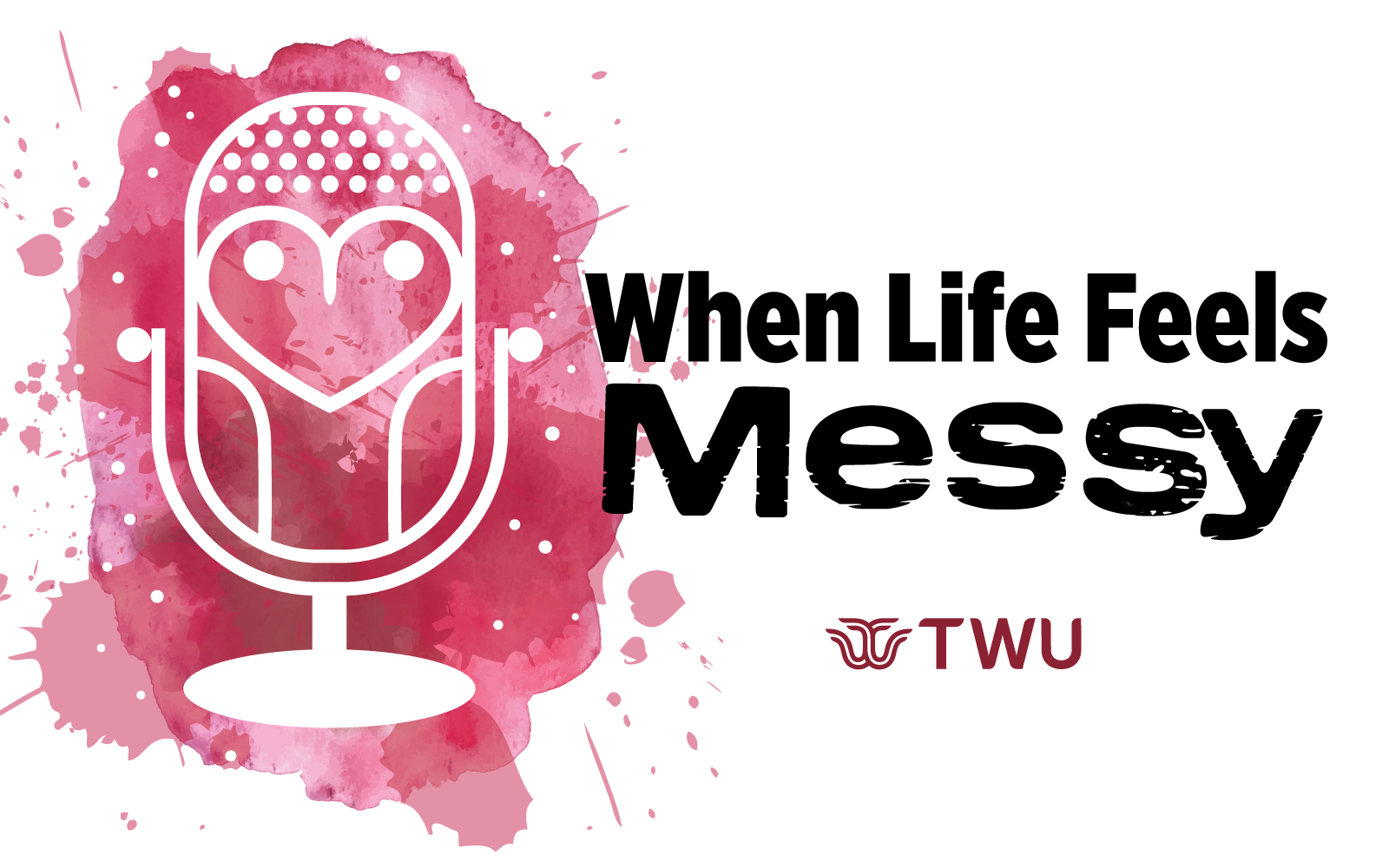The aspect of "healing" tends to be something that a lot of people struggle to understand. There are numerous misconceptions, but the most impactful one seems to be focused on healing following a linear trajectory.
Healing is rarely a straight road. In fact, it's more of a winding path with numerous detours, setbacks, and moments that feel like you're going in circles. The harm that comes with the expectation of a linear path to healing is that it counteracts the sense of progress that is made when we revisit "old wounds", which tends to be a vital part of actual healing. Each time we experience a twist and turn on the winding path, we grow in awareness, insight, and tools that help us navigate the "wounds".
With this understanding and awareness on the complexities and uniqueness of healing for every individual, it's important to remember that the struggles and difficult moments in our healing journey serve as turning points. They allow us to reevaluate, seek support, and discover our individual strengths, that maybe we didn't realize beforehand. Like all growth, healing requires us to endure discomfort in order to move through it with grace and self-compassion.
There are so many different experience that people need to heal from, such as:
- Emotional Wounds & Trauma:
- overcoming experiences of neglect, abuse, or instability in childhood
- healing from feelings of abandonment and rejection
- recovering form the emotional abuse of manipulation, gaslighting, or constant criticism
- Relationships & Heartbreak:
- moving forward after losing significant relationships (breakups, divorces, etc.)
- learning to set boundaries and trust again after toxic relationships
- healing from hurt, disappointment, or isolation in friendships/relationships
- Self-Worth & Identity Struggles:
- rebuilding confidence and self-acceptance
- letting go of unrealistic standards and learning self-compassion
- finding peace with one's body and breaking free from harmful self-judgment
- Grief & Loss:
- processing deep sorrow and adjusting to life without them
- mourning what could have been and redefining one's path
- adapting to big changes in life (career shifts, moving, new roles, etc.)
- Mental Health Challenges:
- finding balance and developing coping strategies
- learning to rest and prioritize well-being
- working through trauma responses, such as: PTSD, dissociation, or hypervigilance
- Societal & Cultural Wounds:
- healing from systemic harm and internalized beliefs
- navigating self-acceptance in the face of societal pressures
- unlearning harmful family patterns and forging new paths
A huge part in being able to do this is to learn how to trust the process of your healing journey, even if it doesn't make sense. You will experience moments of clarity and confusion all intermingled together. Some days might feel like you're soaring and others might feel like you've taken steps backwards, which is why it's vital to not measure success by a specific destination, but rather focusing on recognizing the courage it took to continue showing up for yourself every day.
It's also important to remember that connection is necessary to find strength in the healing. No one heals in isolation or lack of connections, which is why reaching out and leaning on your support systems are necessary to move through this process. Another misconception of healing is that strength comes from doing it alone, when in fact, vulnerability with others is an act of courage and example of you moving through the process in a healthy way. This also serves as a way to remember that healing is a universal aspect of being a human and that others can understand.
Above all, remember that the healing process is very personal to YOU. No two journeys are alike and it's normal that yours will not resemble someone else's. Giving yourself the space and permission to heal at your own pace, take the breaks and rest as needed, and celebrate the smallest of accomplishments and victories as they occur.
Wherever you are on your healing journey, know that your struggles do not define you. They shape you, strengthen you, and prepare you for the next chapter of your life. You are healing, even when it doesn't feel like it.
Take care, Pioneers!


Comments
Post a Comment